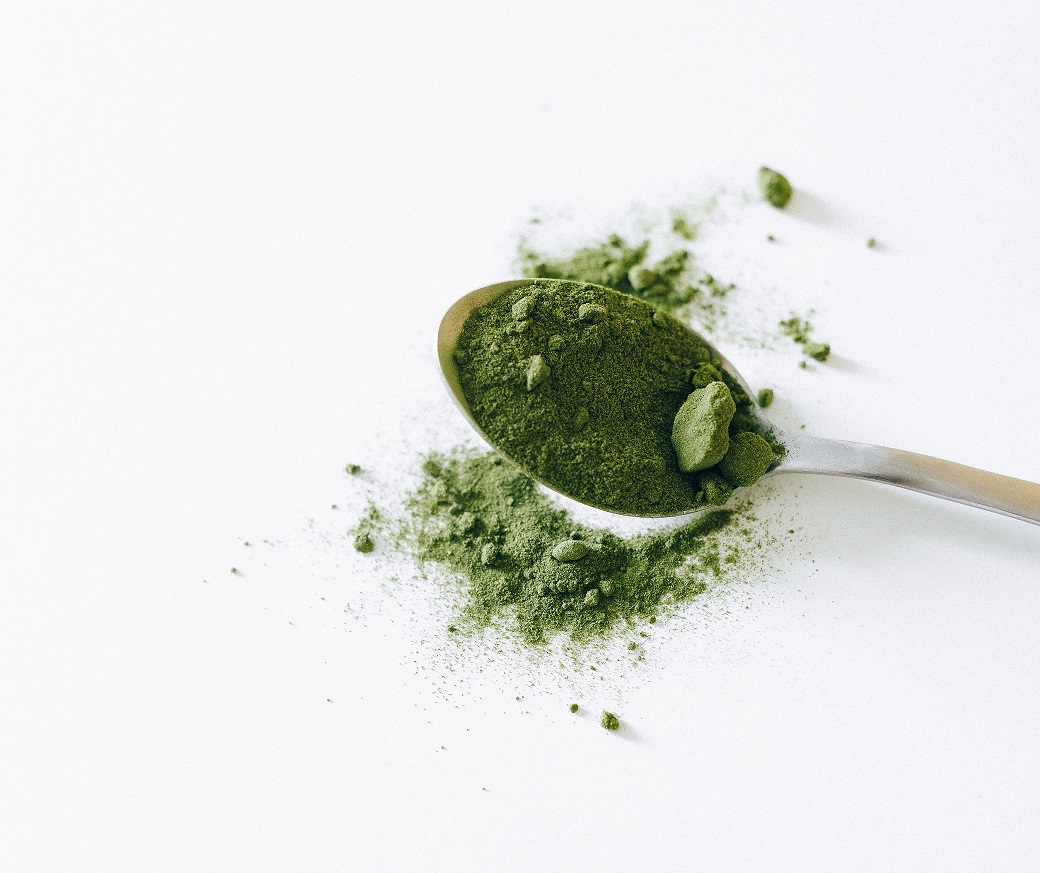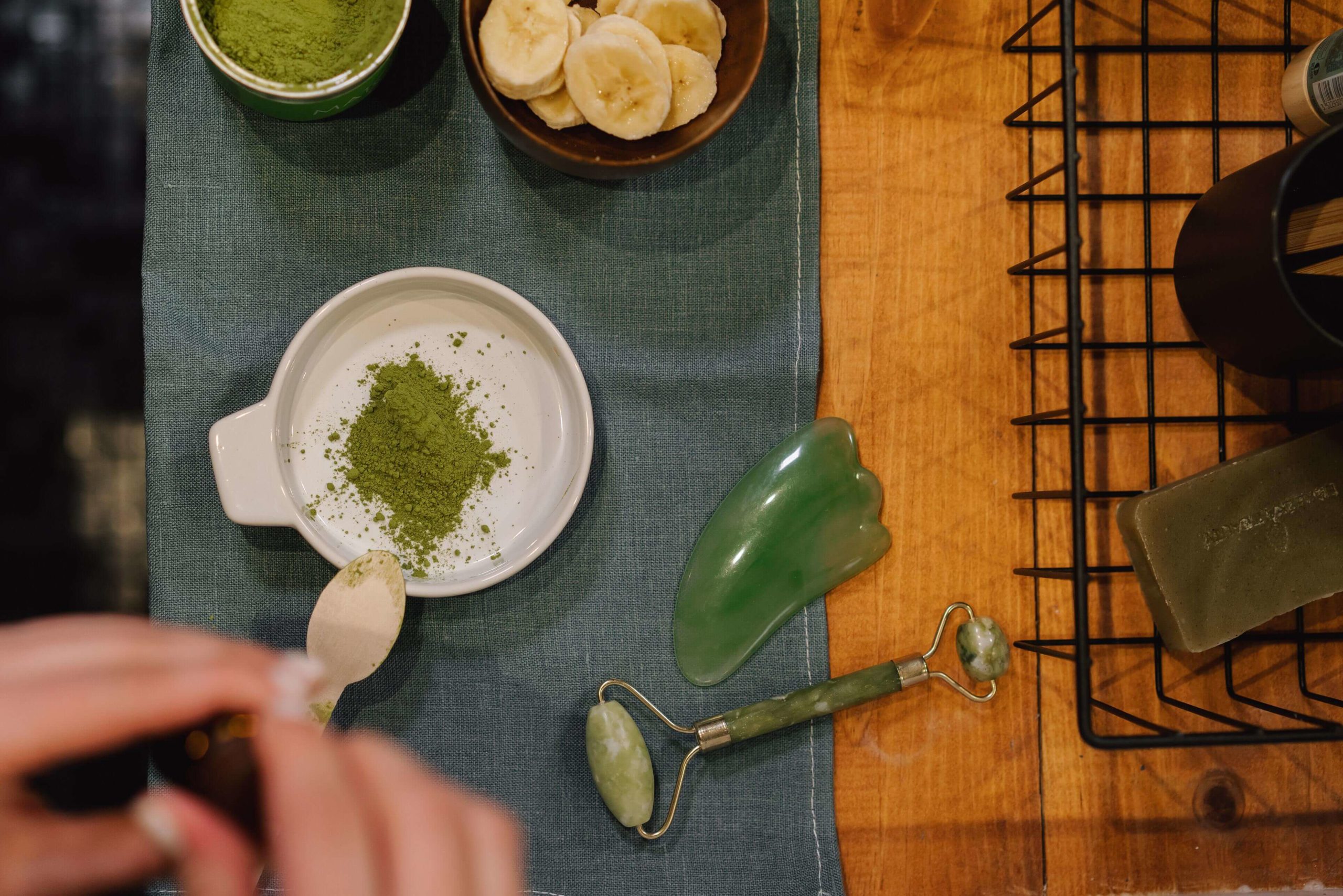It seems like everywhere you turn, health and wellness experts are begging you to do one thing: Eat more fruits and vegetables.
You may be tired of hearing it, but the advice is sound. Filling your plate with leafy greens, apples, peppers, broccoli, oranges, and other colorful fruits and vegetables is essential for cutting your risk of many health problems, such as heart disease, stroke, and certain types of cancers.
The trouble is that many of us struggle to incorporate fruits and veggies into our diets when our schedules are busy. This is where powdered greens come in handy.
What are powdered greens?
Also known as greens powders, these are vegetables and fruits that have been dried and condensed into a powdered form. You take them as a dietary supplement — often mixed in water or blended into a smoothie — to fill in any gaps in your diet.
Greens powders offer vitamins, minerals, and other nutrients you’d find in raw food. Some also add superfoods, pre- and probiotics, herbs, and adaptogens. For example, the popular brand Athletic Greens, packs together 75 ingredients, including carrots, cherries, spinach, mushrooms, and probiotics.

Benefits of powdered greens
Below are a few of the main benefits of incorporating powdered greens into your diet.
1. Helps you sneak in more veggies
One of the biggest selling points of greens powder is that it can help you reach an ideal daily greens intake. The American Heart Association (AHA) encourages people to get four to five servings of fruits and veggies per day. Yet, only about 1 in 10 Americans meet those recommendations, according to the Centers for Disease Control and Prevention (CDC).
If you’re among those who struggle to reach four to five daily servings, a greens powder may help. The brand Amazing Grass, for example, claims that one packet or scoop (about 8 grams) of its greens blend provides two servings of fruits and veggies. That’s equivalent to 2 cups of raw leafy vegetables or 1 cup of fresh, frozen, or canned vegetables.
2. Boosts heart health
Fruits and vegetables are loaded with healthy nutrients that keep your ticker strong. They’re good sources of vitamins and minerals and contain nutrients that may help prevent heart disease, according to the Mayo Clinic.
Research suggests that these heart health benefits may extend to powdered fruits and vegetables. In a study in the Journal of Chiropractic Medicine, college faculty members and students who took a greens powder for 90 days saw a significant decrease in blood pressure.
Often, lowering blood pressure carries benefits for heart health. High blood pressure — also called hypertension — damages your blood vessels and causes LDL (bad) cholesterol to build up, according to the American Heart Association. This puts you at risk for heart attack, stroke, heart failure, and many other health conditions. Bumping up your fruit and veggie intake is an easy step toward improving heart health.
3. Supports brain health
Boosting your nutrient intake with greens powder may also offer perks for mental health. Green leafy vegetables, in particular, are packed with substances that are good for your brain — such as vitamin K, lutein, folate, and beta-carotene. A study found on the National Library of Medicine suggests that scoring one serving of leafy greens per day may help slow cognitive decline associated with aging.

How to incorporate powdered greens
Intrigued by the potential perks of adding greens powders to your wellness routine? Shop around for a supplement that contains the vitamins, minerals, and nutrients you’re most interested in or consult with a registered dietitian or health care provider to determine if you’d benefit from adding specific nutrients into your diet.
You may not need a greens powder if you’re healthy and already eat a variety of foods. But the Mayo Clinic notes that supplements may be a good idea if any of the following pertain to you:
- Are pregnant or trying to get pregnant
- Are 50 years or older
- Have a poor appetite
- Follow a diet that cuts entire food groups
- Have a medical condition, such as chronic diarrhea, food allergies, food intolerance, or liver disease
Keep in mind: The National Institutes of Health (NIH) warns that dietary supplements — greens powders included — can pose risks. Manufacturers may add high amounts of vitamins, minerals, and other nutrients to the powder you’re already getting in your diet. You may get more of these nutrients than you need, raising your risk of side effects. For example, the NIH notes that too much vitamin A can cause headaches and liver damage.
Certain nutrients can also interact with some medications. Vitamin K, for example, can keep the anticoagulant warfarin from doing its job.
To be safe, check with your health care provider before taking a greens powder.
Final thoughts
Powdered greens shouldn’t substitute whole fruits and vegetables. However, they can act as a safety net to ensure you get at least four to five servings of fruits and veggies daily. Just be sure to clear any supplement with your doctor, especially if you’re pregnant, breastfeeding, or taking medications.





